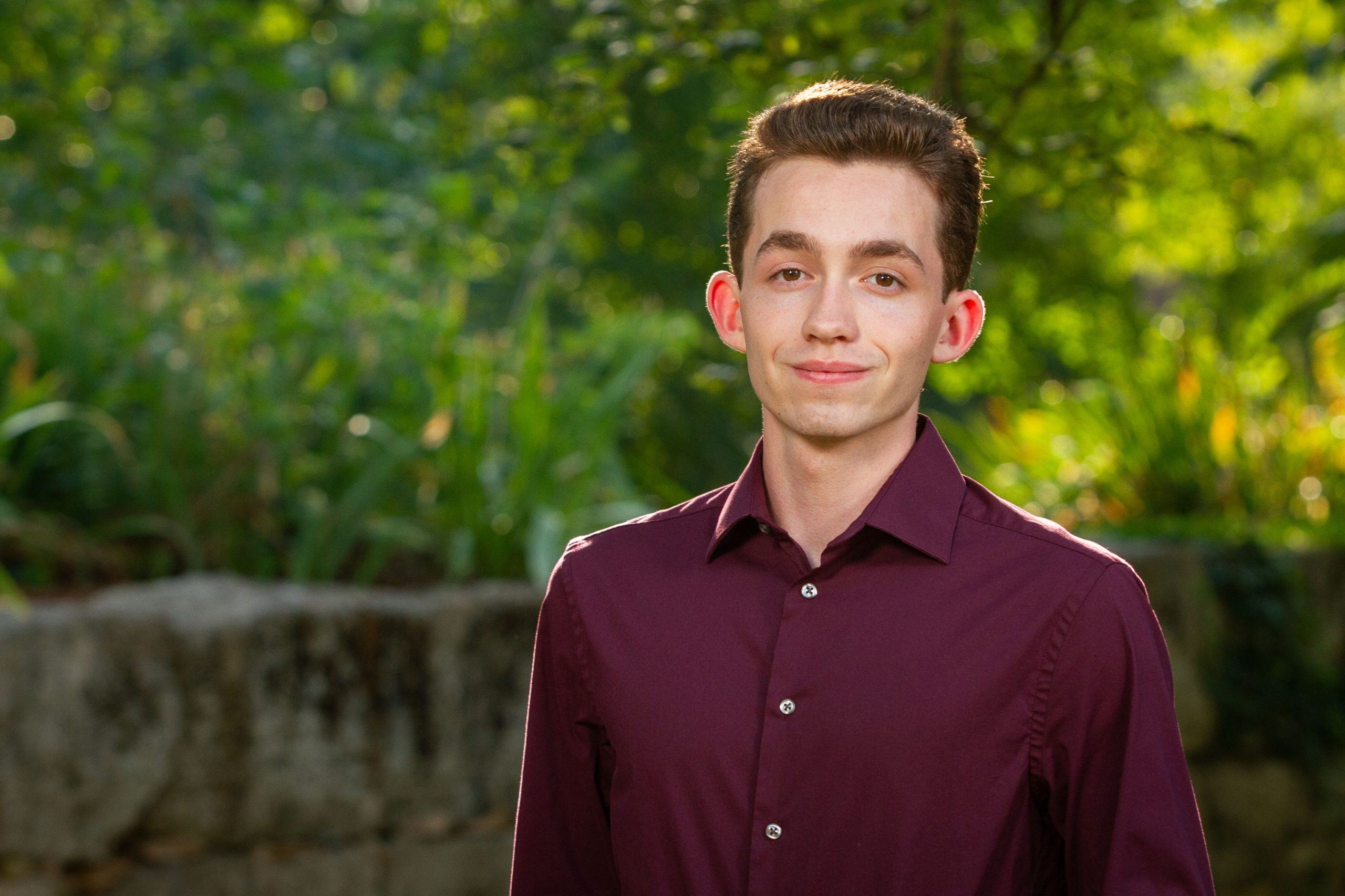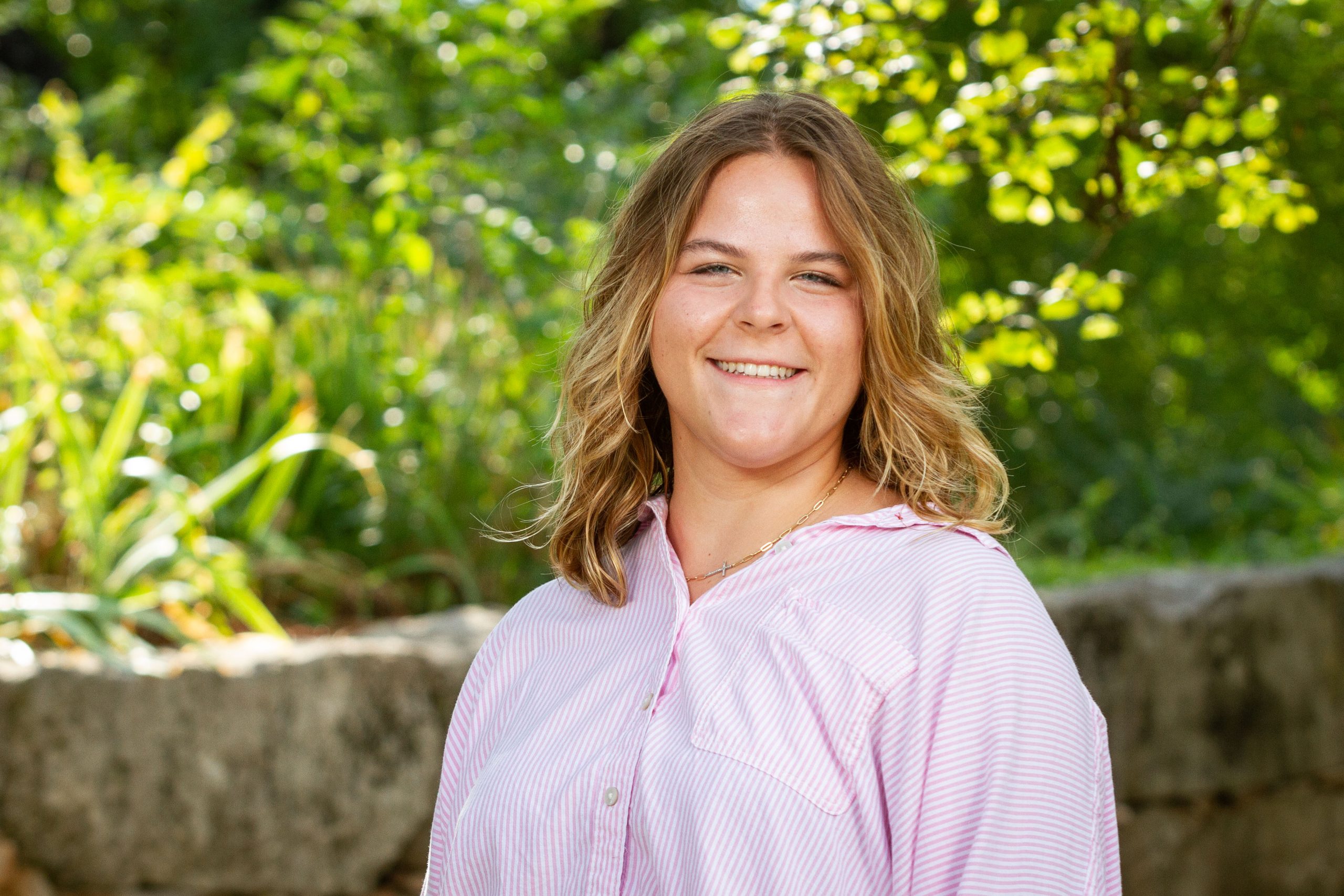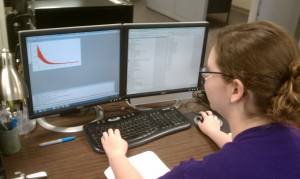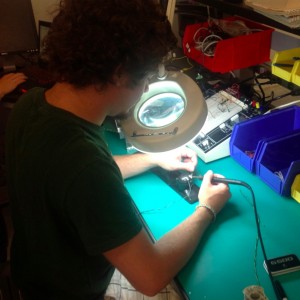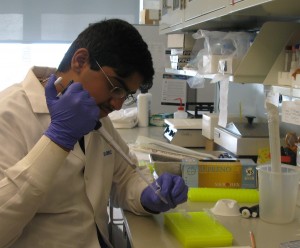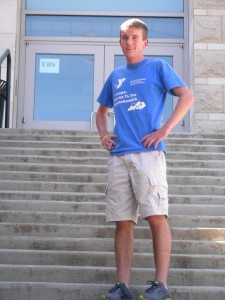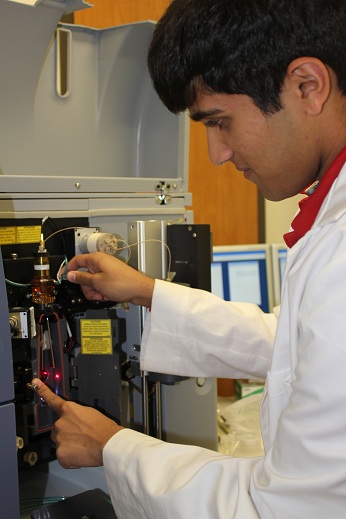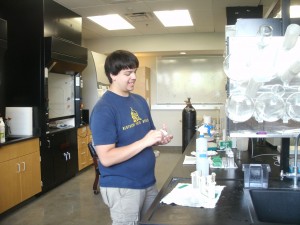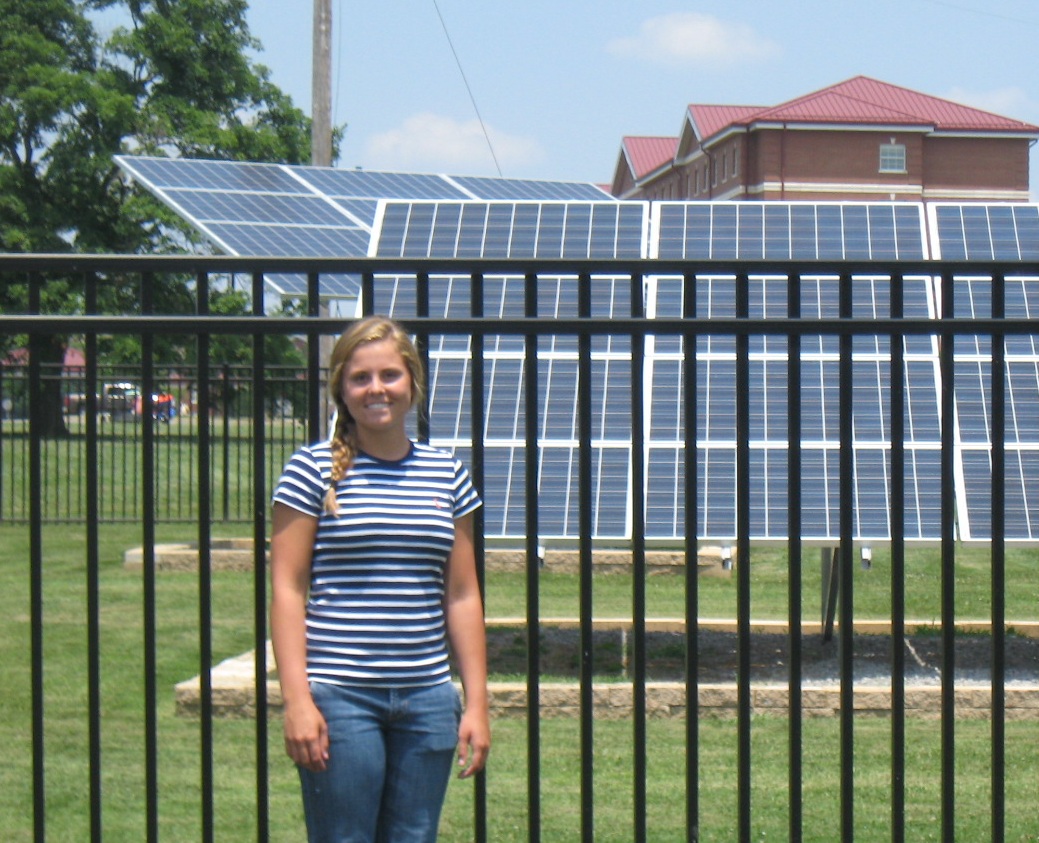Summer 5Q: Samuel Saarinen Takes on Knot Theory Research
August 2, 2012 | 5Q, Research, Summer, Uncategorized | No Comments
Since 2010, the Gatton Academy has offered students the ability to pursue summer research experiences through the Gatton Research Internships Grants (RIG) program. Made possible through the generous support of Mr. Carol Martin “Bill” Gatton, the program offers competitive grants to Gatton Academy students between their junior and senior years to support summertime research internships across the Commonwealth and the world. By providing a funding mechanism, the program directly creates new avenues for growth and exploration. Throughout the summer, we are sharing insights from students who are the recipients of our 2012 grants.
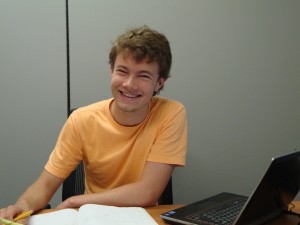 Samuel Saarinen of Shelbyville spent his summer investigating knot theory and polygons as they pertain to modeling viral DNA. His research was conducted in the WKU Department of Mathematics and Computer Science under the guidance of Dr. Claus Ernst. We had a chance to catch up with Sam earlier this summer.
Samuel Saarinen of Shelbyville spent his summer investigating knot theory and polygons as they pertain to modeling viral DNA. His research was conducted in the WKU Department of Mathematics and Computer Science under the guidance of Dr. Claus Ernst. We had a chance to catch up with Sam earlier this summer.
1. How is your summer of research different from most high school students’ summers?
On the surface, this really is like what most high school students do with their summers. I have a job which I show up to every morning, I read in the afternoons, and I pursue my hobbies on the weekends. Except that my job is thinking of things that nobody has ever thought of before, the books I read are mostly on knot theory or computer programming, and my hobbies include designing fonts, creating videogames, and studying great works of art.
- What does research mean to you as a young person interested in STEM?
This research is an opportunity to begin to understand the machinations of science. I get experience working with real issues in this field of study, and I get a feel for the nature of the work involved. Additionally, this research has proved invaluable to my continuing education; I have learned a huge amount both about the specific work surrounding my research, and tangential areas that have a strong application to this work.
- What do you aspire to achieve in the next ten years?
In the next ten years, I want to get a Ph.D., publish a game that I developed, and visit a country whose primary language is not English.
- What do you most look forward to about your second year at the Gatton Academy?
I am looking forward to everything that I loved about the first year. I’m looking forward to hard classes, new ideas, smart professors, and genius friends.
- What do you love most about the Gatton Academy?
How can I sum up in just a few words something that really has to be experienced? The Gatton Academy is a school, a family, a lifestyle, and a playground. If I had to say exactly what it is that I loved most, I would say that I loved the freedom. Freedom to try things, like making movies, or writing music. Freedom to be who I am, without retribution for being abnormal. But most of all, freedom to excel; the freedom to become more than I am.
